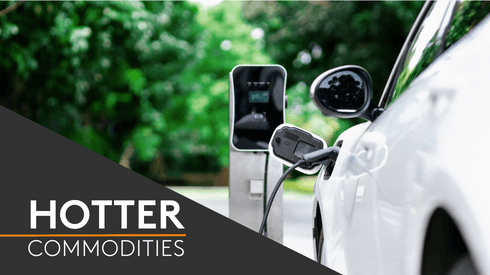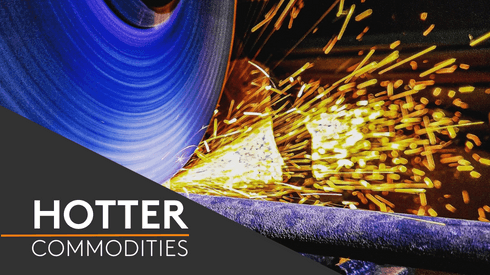The EU’s second-highest court has rejected a request by three Indonesian biodiesel producers to annul countervailing duties that are imposed by the 27-nation bloc on imports of the biofuel, a move that maintains an effective exclusion of the product that has been in operation since 2020.
The ruling by the EU’s General Court follows two years of litigation on the issue, which was taken by the Indonesian producers on the basis that the European Commission had failed to consider all relevant data in its initial ruling that European producers had been undercut by imports from the southeast Asian country.
The Court said that Indonesian exporters did indeed have all the necessary information that enabled them to understand the EC’s calculation and that the EU’s executive – which ultimately decides to set countervailing duties for the bloc – did not commit a “manifest error” in its assessment.
Moreover, because there was no error in the calculation of price undercutting, the Court ruled that the Commission could not be criticized for taking undercutting into account to assess its effects on the EU’s biodiesel sector.
The European Biodiesel Board, which along with the Commission was the target of the litigation, said that the General Court’s ruling this week had confirmed that Indonesia’s export tax is indeed a subsidy within the meaning of the bloc’s Basic Anti-Subsidy Regulation.
The EBB said the Court had also concluded that there was a lack of cooperation from Indonesian parties in this case and that the same European judges had ruled that the Indonesian Government had directed that suppliers of crude palm oil should provide their goods “for less than adequate remuneration [in the words of the court]”.
EU ruling to affect Indonesian palm oil exports
The verdict published on the week commencing on December 12 also dismissed contentions from Indonesian producers that the Commission committed a manifest error of assessment in calculating the amount of the benefit conferred by the South East Asian country’s Oil Palm Plantation Fund scheme – effectively a support scheme – by not deducting the transport costs.
The southeast Asian country exported around 530,000 tonnes of palm oil-based biodiesel between January and November, according to figures provided by one of its trade associations, compared with 515,000 tonnes in the full-year 2018 – with most of that volume being shipped to the EU.
Shipments of biodiesel from Indonesia to the EU have slowed to a trickle since mid-2019 after the bloc imposed anti-subsidy duties ranging from 8%-18% on five major exporters.
In response, the three producers – PT Wilmar Bioenergi Indonesia, PT Wilmar Nabati Indonesia, and PT Multi Nabati Sulawesi – initiated litigation based on four pleas.
In dismissing its action, the EU General Court said that the three companies should pay legal costs.






